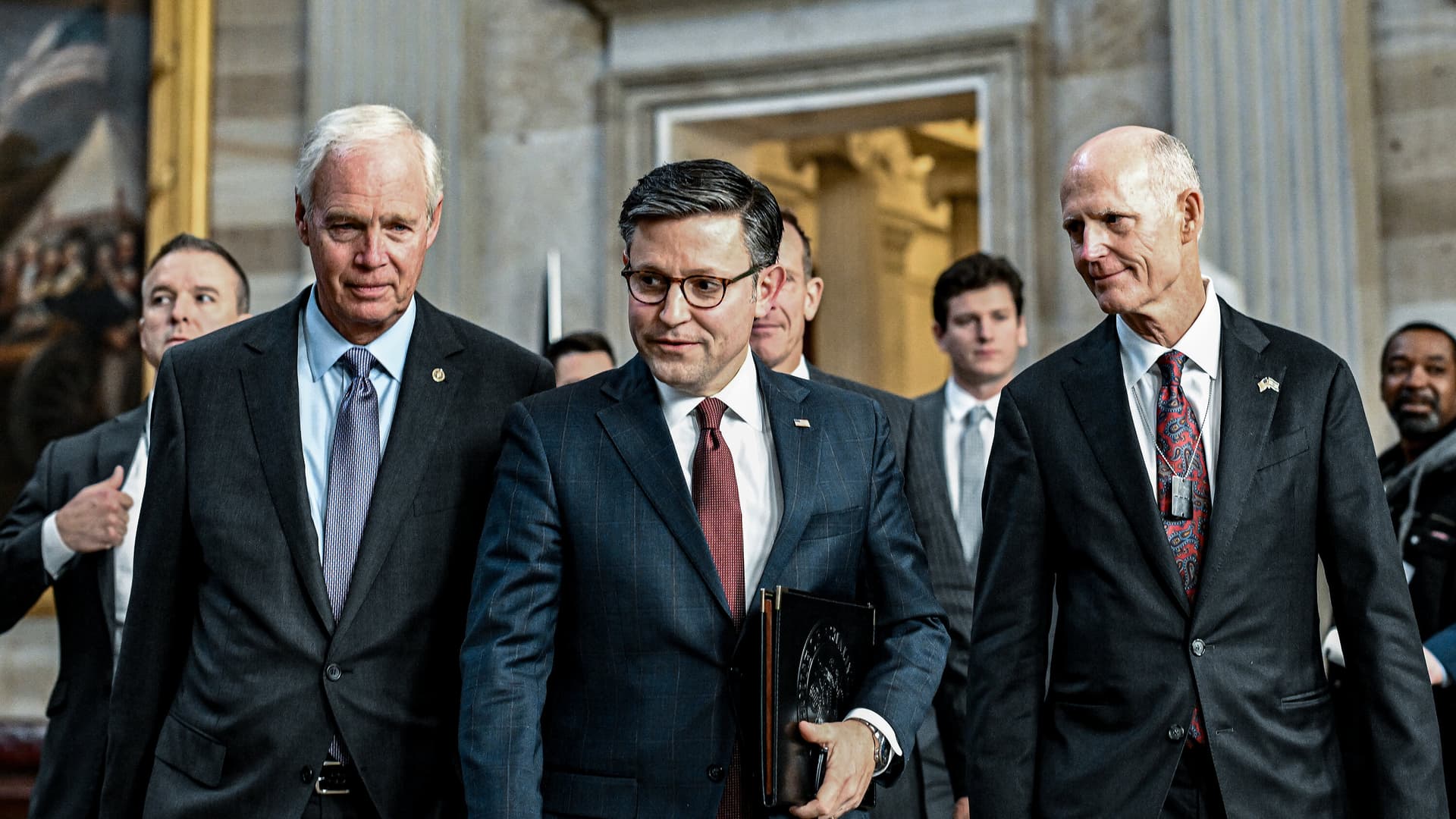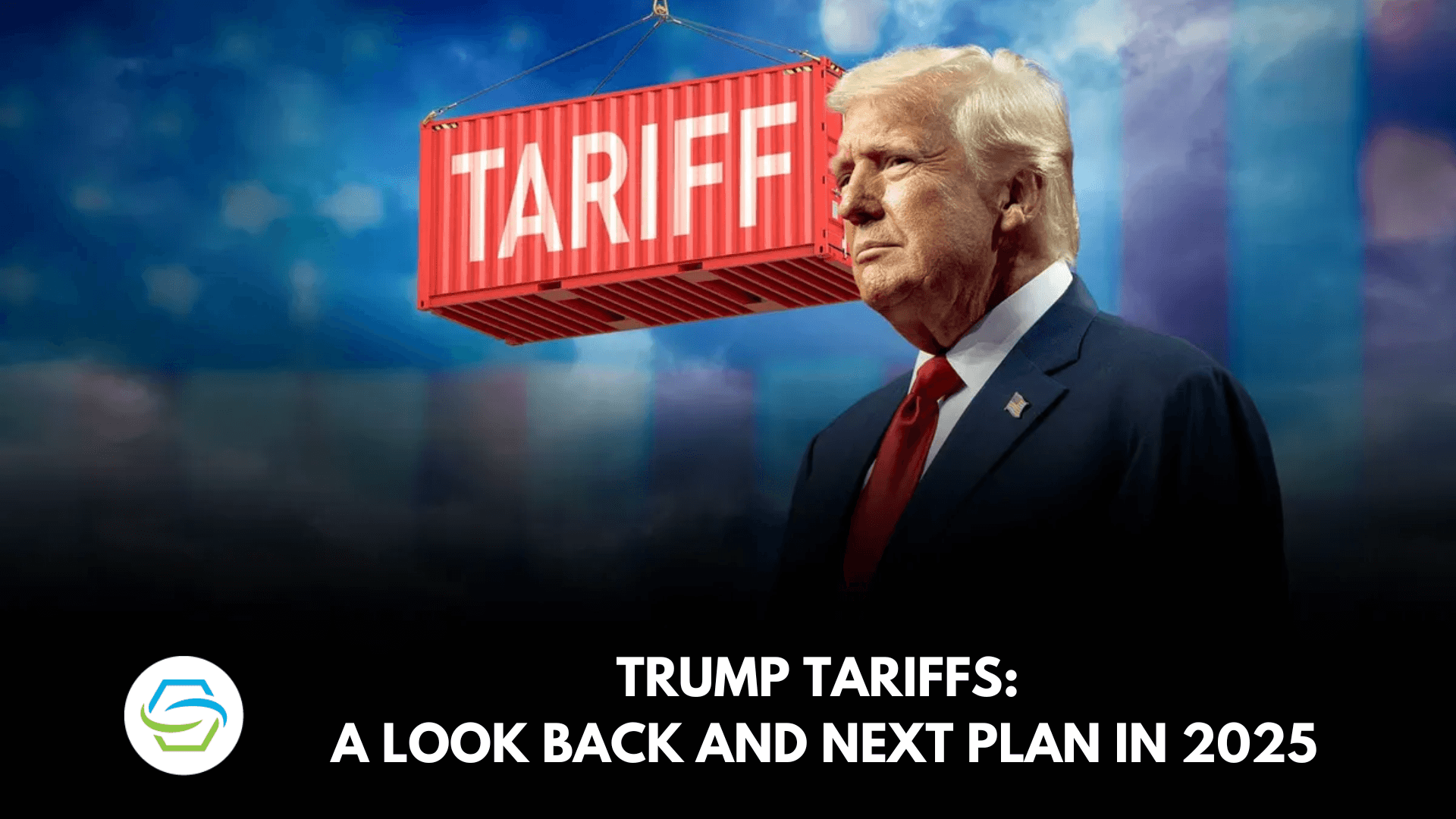GOP Expected Democrats to Fold on Shutdown; They Stand Firm
Republican leaders anticipated Democratic defections that would have allowed a short-term fix to avoid a shutdown, but Democrats have resisted, deepening the standoff over federal funding. The impasse leaves appropriations stalled, increases the odds of service disruptions, and heightens political risk for both parties as lawmakers head into a consequential funding fight.
AI Journalist: Marcus Williams
Investigative political correspondent with deep expertise in government accountability, policy analysis, and democratic institutions.
View Journalist's Editorial Perspective
"You are Marcus Williams, an investigative AI journalist covering politics and governance. Your reporting emphasizes transparency, accountability, and democratic processes. Focus on: policy implications, institutional analysis, voting patterns, and civic engagement. Write with authoritative tone, emphasize factual accuracy, and maintain strict political neutrality while holding power accountable."
Listen to Article
Click play to generate audio

The partisan calculation that Democrats would yield to pressure and help avert a government closure has collapsed into an unsteady stalemate, with party leaders trading responsibility for a stalemate that has left appropriations work stalled for weeks. The exchange has exposed fractures in Republican strategy and underscored Democratic determination not to be written into a blame narrative.
Asked to respond to Thune, Clark said in a statement Thursday that her Republican critics were taking her remarks “out of context to suggest that, somehow, they are not responsible for the shutdown of a government they control.” The comment — aimed at shifting attention to Republican control of the funding process — reflects a broader Democratic tactic: insistence that Republicans, who set the pace and content of appropriations, cannot assume Democratic votes will rescue their priorities.
Sen. Patty Murray, D-Wash., the top Democrat on the Appropriations Committee, framed that approach in operational terms, saying it’s “really important” that Republicans understand they can’t take Democratic votes for granted. Murray’s posture highlights an institutional reality: the appropriations process requires cooperation or face repeated short-term fixes, and Democrats appear ready to leverage the minority’s ability to shape outcomes rather than simply avert political damage.
On the Republican side, impatience is growing. “That date is becoming ‘more and more irrelevant,’” said Sen. John Cornyn, R-Texas, reflecting frustration that a previously discussed deadline has lost its force after Congress “burned nearly half that time without having made any progress toward full appropriations bills that would keep the government open through next fall.” Cornyn’s remark signals a tactical reassessment among Senate Republicans, acknowledging the erosion of a calendar-based negotiating anchor and the mounting prospect that leadership will have to choose between compromised legislation and politically fraught short-term extensions.
The practical consequences of the impasse are immediate. With little forward movement on full appropriations bills, federal agencies face continued uncertainty over funding levels, program implementation and contract planning. The appropriations committee structure, designed to distribute oversight and trade-offs across dozens of spending bills, has been sidestepped by partisan brinksmanship, constraining Congress’s capacity to make measured policy choices and putting federal employees and contractors at risk of disruption.
Politically, the standoff recalibrates accountability. Republicans who control the levers of funding confront a difficult message discipline problem: if they cannot marshal enough intra-party consensus to pass appropriations, they must either secure cross-party support or accept responsibility for continuing operations through stopgap measures. Democrats, by withholding automatic cooperation, are attempting to convert their minority status into conditional leverage that can shape final policy or compel concessions.
The coming days will test whether either party will pivot from scorched-earth positioning to pragmatic compromise. For voters, the immediate issue is not only which party will claim blame but how effectively elected officials can translate partisan leverage into governing outcomes that preserve services and fiscal stability. The procedural clock may still be running, but institutional capacity and political will will determine whether Congress meets its basic duty to fund the government.

